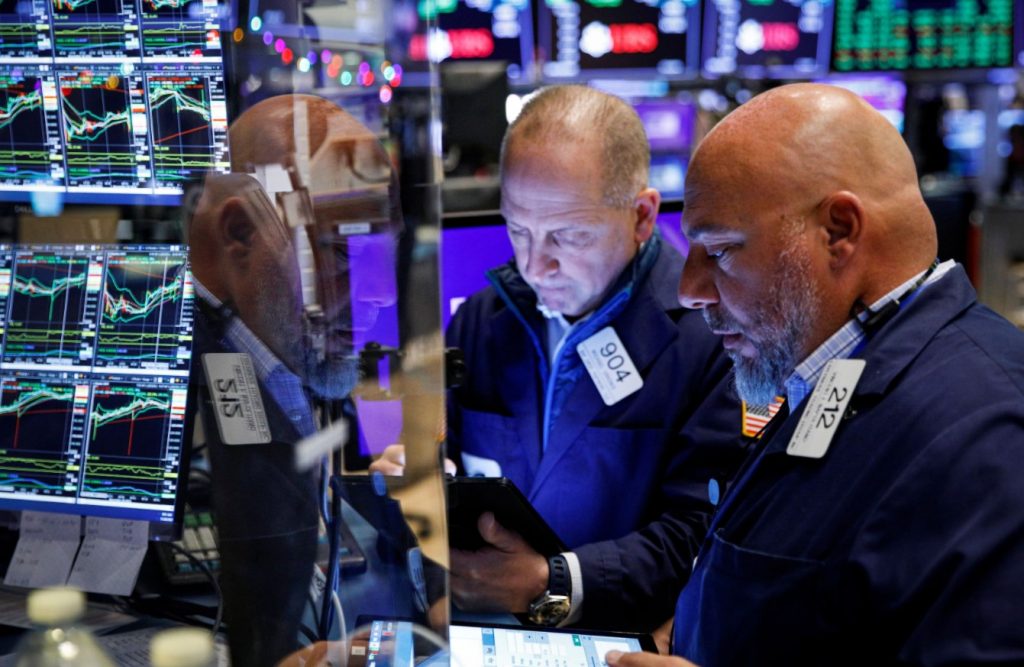
Retail investors weren’t sitting on their hands during the Dow’s worst day of the year.
Stocks dropped sharply Friday on fears around the new Covid-19 omicron variant, sparking a bout of volatility that stretched into Tuesday.
Many retail investors flocked to index-based exchange-traded funds amid Friday’s selling, Webull CEO Anthony Denier told CNBC’s “ETF Edge” on Monday.
Denier’s online trading platform harbors 7 million accounts with similar demographics to larger rival Robinhood: an average user age of 30 and average account size of $4,000.
“The retail investor is extremely bullish on this market as a whole,” Denier said. “I was really surprised to see this strong buying demand.”
Though only 6.2% of Webull’s users own ETFs, many bought some of the platform’s top-held funds at a discount during Friday’s turbulence, Denier said.
Those include the Vanguard S&P 500 ETF (VOO), the SPDR S&P 500 ETF Trust (SPY) and Ark Invest’s popular ETFs.
Momentum traders also used leveraged ETFs such as the ProShares UltraPro QQQ (TQQQ), the ProShares Ultra VIX Short-Term Futures ETF (UVXY) and the Global X Nasdaq 100 Covered Call ETF (QYLD) to take advantage of the swings, Denier said.
Even in a shortened trading session, volumes were impressive, Old Mission’s head of ETF sales trading, Harry Whitton, said in the same interview.
“We traded more on Friday than any normal day last week and we saw a lot of selling of high yield, a lot of activity in the international space, the emerging markets space,” Whitton said. “It was just a lot of buying later in the day going into the close, which was early this Friday at 1 o’clock.”
There was also a notable difference between how older and younger investors approached the downdraft, WallachBeth managing director Andrew McOrmond said in the same interview.
“We had some high-yield sellers as well and they’re kind of precautionary,” McOrmond said. “They might wait a couple days and jump back in. But with this younger generation … I’ve never seen a group more resilient.”
This newer, most risk-tolerant group that managed to exhaust the short sellers in GameStop and AMC earlier this year has yet to experience a substantial loss, but so far, down days have been seen as buying opportunities, McOrmond said.
“They’re buying on dips just like stronger hedge funds where it’s very unlike a retail audience. You just don’t see that panic,” he said. “Of course, this has been the trend, the one- or two-day sell-off and then it pops back up.”